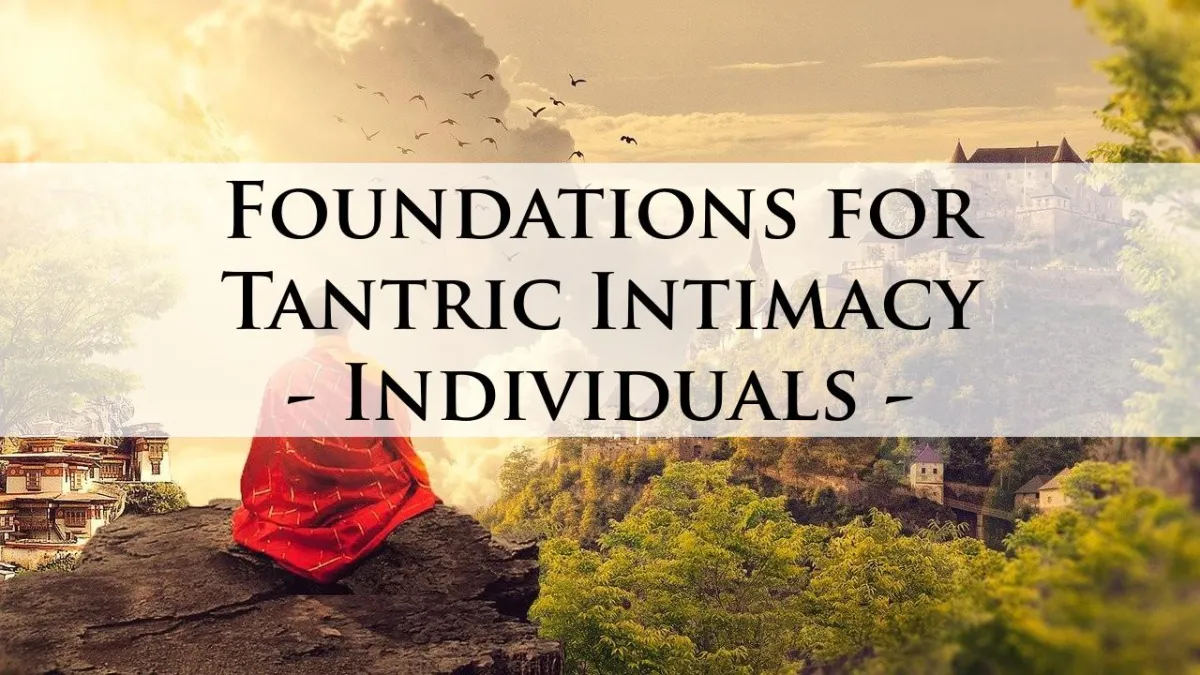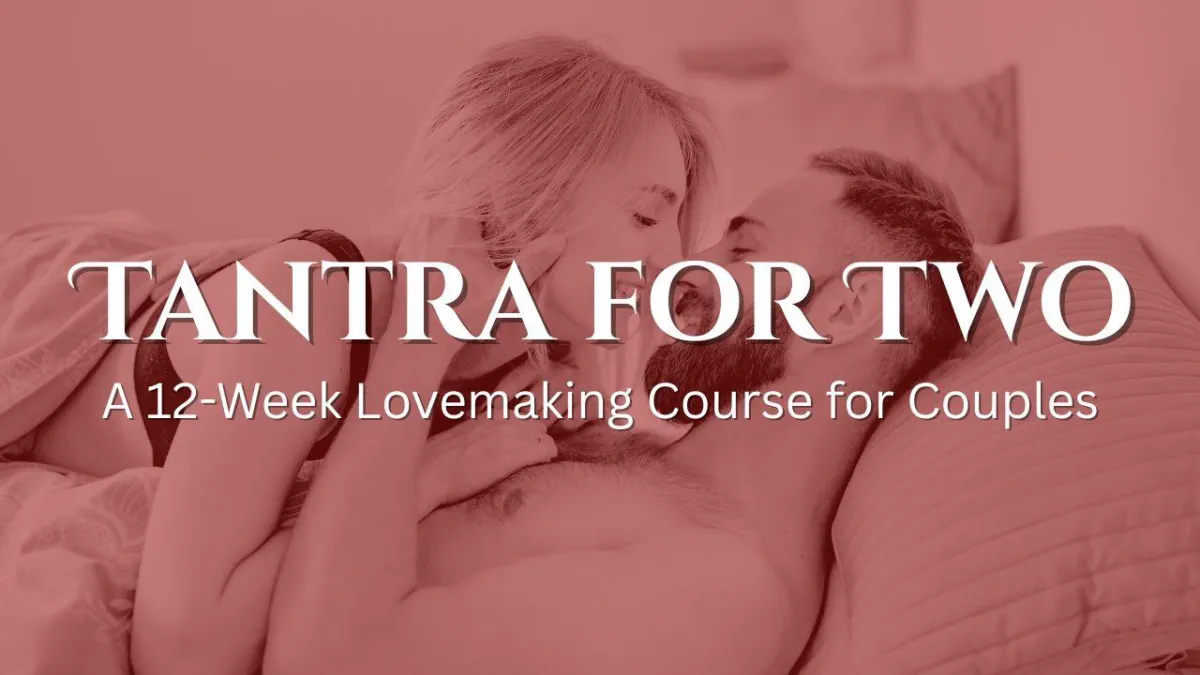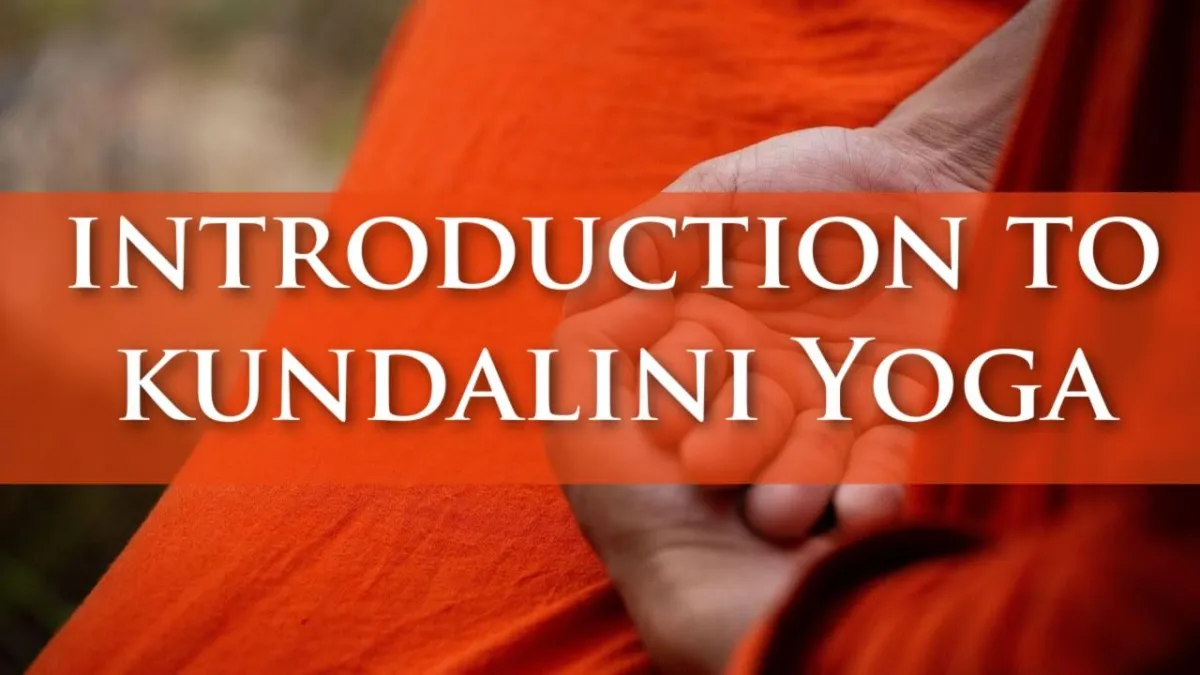
How to Be an Empath in Love
An empath is someone who feels the emotions of others. Early on in life, this can be very confusing because we can’t discern between the emotions of others and our own. So, we think that we are upset all of the time, when in fact, these are not our emotions at all — they belong to those around us.
So, what happens when an empath is in an intimate relationship? Well, because of our human history, there are many pitfalls that we can fall into. Everyone falls into them — especially empaths.
We have developed a lot of fear in relationships that keep our guards up. This can cause one partner to perpetually try to break down those walls for the simple desire to truly connect. Of course, this only pushes the walled-off partner further away leaving the empath with the emotional pain of their partner (and their own feeling of abandonment).
Because of inequality between the sexes, we have developed co-dependence and imagined this to be love. For an empath, this is very difficult because we now want to heal the emotional pain of our partner. We want to fix them. We want to make them happy.
There are so many more twists and turns within what is deemed “normal” in relationships that many empaths believe that they just can’t do it. It’s too hard to be close and stay sane. And yet, being an empath is actually a wonderful gift that can lead to a wonderful deep love and connection.
Let’s chat about the challenges and possibilities.
#1: Beware of absorbing your partner’s emotional state
Let’s say your partner walks through the door and they are bursting with sadness and frustration. Whether they are verbally expressing it or not, you feel the whirlwind of emotions enter the room before they do. What do you do?
Well, one option is to absorb all of their sadness so that you can try to process it yourself so that you can find a solution for them. After all, you love them. You don’t want them to suffer. But they don’t seem to be processing the emotions. They are just stuffing them down or the emotions are just controlling them. So, who will process them? Who will find a solution? We wonder if maybe this is why we are here.
The problem with this is that they are not our emotions. All we are getting is the tip of the iceberg. Trying to process them is like eating fake food — like living on Dorito chips. Processing them isn't good for us. They belong to someone else.
Our partner has so much more wrapped up in those emotions than what is on the surface. They have a history where this has happened before. They have inner fears and traumas that are being triggered. They may even have past-life memories and karmas being brought up to be processed and healed.
It is only when we have this whole story — every part of the emotions plus everything that lies in the subconscious — that we get the whole picture of what is going on. It is only when we can hold it all within us that this becomes “whole food” for someone to process. And there is only one person who can experience the whole story — our partner. They are the only one with access to the conscious and unconscious memories that are triggering these strong emotions.
We must stand on the sidelines and let them have their experience. We can love them. We can be sympathetic. But we cannot have this experience for them. We must pull in our “empathic feelers” and let them have their journey.
#2: Honouring each other’s path without fixing them
This leads to a shift in philosophy that says that it isn’t our job to fix anyone else. Fixing someone else isn’t “helping” or “kind”. We must allow each person to have their own journey.
Many of us naturally want to help others. Maybe we just want everyone to be happy or that we are uncomfortable with the unhappiness of others. Or maybe it’s a full-blown Messiah complex where we feel that we are here to heal everyone.
However, everyone has a path to take. If we swoop in and change the path of our partner, no matter how “good-intentioned” we may be, we have interrupted their journey which means that they may skip steps and issues that cannot be seen from the outside. This means that if they take the course correction (which they normally don’t), they may stay on that path for a little while. But their soul knows that it has to eventually go back to the point where they were taken off of their path and they will have to do the work that was skipped.
There are no shortcuts in true change. It is a great philosophical shift to truly trust another’s journey — to know that we don’t know the whole story — and to know that the best thing we can do is simply love them and leave them be.
#3: Being very aware and loving towards yourself
Self-love can be defined as our inner connection with ourselves. As a life-long empath, we can easily end up focused on everyone else. We may find ourselves naturally doing whatever others need, making them happy, and going along with things just to keep the peace.
When our primary connection is to others, we will often lose our connection to ourselves. We don’t know how we are — only how others are. This causes us to lose our centre which means we will always feel totally off-balance.
And so, we must shift our awareness from others to within. It is waking up in the morning and tuning in with self and asking “How am I today? How do I feel in this moment?” Once we know our starting point, it is much easier to know whether the feelings we are having are our own or someone else’s.
Let’s say that we wake up feeling great. Later, a friend comes over and we are filled with sadness and irritation. We then can check in with ourselves and say, “Are these feelings mine or someone else’s?”. If they are someone else’s, then we can then ask, “Is there anything I can do?”. Most of the time, there is nothing we can do but listen and be a friend. But at least we know that it isn’t ours to digest and worry about. This is coming from someone else’s experience.
Then, we must love ourselves enough to not take on the burden of the emotions of every person we meet. Imagine that there is an inner child within you. Would you burden her/him with the emotions of others? No.
This idea of looking at our inner child is very valuable because our inner child is vulnerable and we would want to protect them. We want them to be free and happy and enjoy life. As an empath, we too are vulnerable and we would also like to be free and have a happy life.
#4: Enjoying the beautiful connection of love
Emotions are one of the purest ways that we can communicate. How we feel is simply our truth in that moment. It is the greatest aspect of non-verbal communication. The last thing we want to do is shut down these wonderful empathic pathways.
The key is to create an environment where emotional truth is safe — to know that whatever our truth is is important and part of our journey. There is no judgment. We don’t take it personally or make our emotions about someone else. Emotions and feelings are just natural aspects of being human — and very loving aspects at that.
When we have a safe environment, we can easily sit together and just let our guards down. We can share because all is welcome. We can be totally loving because that is simply how we feel. We can cry because this is our truth as well. Sometimes, we don’t even have to speak. We can allow our emotional bodies to speak to each other. It is like letting our souls speak and share and merge together.
This empathic communication is natural for humans. It is what makes us feel truly seen and loved by another person. It is something to be explored, honed, and truly enjoyed. It is a beautiful way to be.
We just have to continue growing in our gift. We need to perpetually expand our philosophy of life to grow with us. From there, we can share our openness with the world. We can communicate effortlessly and honestly… and have truly deep and intimate relationships with everyone we love.




